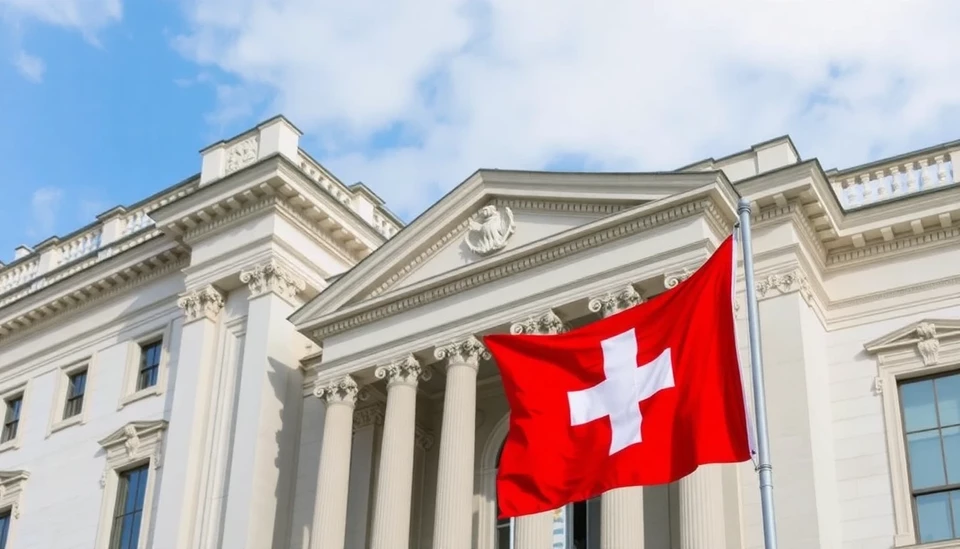
In a recent statement, Swiss National Bank (SNB) board member Andrea Schlegel defended the controversial policy of negative interest rates, acknowledging the unpopularity of the approach but asserting its effectiveness in supporting the economy during challenging times.
Schlegel's comments come as the global economy faces uncertainties, and many central banks reevaluate their monetary policies. The Swiss central bank has maintained its negative interest rate policy since 2015, aiming to encourage borrowing and spending to stimulate inflation in an economy that often battles low price growth.
"Nobody likes negative rates, but they do work," said Schlegel during a panel discussion, a sentiment that reflects the broader sentiment within central banks who are navigating the fine line between fostering economic growth and ensuring financial stability. The SNB's negative rate environment has been a cornerstone of its efforts to manage the Swiss franc’s strength, which poses a significant risk to the export-driven economy.
Schlegel pointed out that, despite the general aversion to negative rates among banks and consumers, the policy has succeeded in keeping inflation in check while supporting households and businesses during periods of economic downturn. By making it costly for banks to hold onto excess reserves, the SNB encourages financial institutions to lend more, thereby potentially boosting overall economic activity.
Critics of negative interest rates often argue that they lead to unintended consequences, such as pressure on bank profitability and the distortion of asset prices. Furthermore, individuals with savings accounts may feel the pinch as their deposits yield less, if not incur fees, leading to a perception that the central bank is penalizing savers. Schlegel acknowledged these concerns but maintained that the immediate benefits of stimulating the economy far outweigh the drawbacks in the current economic climate.
As inflation continues to remain subdued, Schlegel reiterated the SNB’s commitment to its existing strategy and pointed to recent signs that suggested a stabilization in the economic outlook. The central bank is keen on balancing its actions with the aim of fostering sustainable growth while closely monitoring the financial system's health.
Looking forward, the SNB is poised to navigate the effects of global economic trends, including potential interest rate adjustments by other major central banks. While the topic of negative interest rates remains polarizing, Schlegel’s firm stance indicates the SNB’s readiness to employ all necessary tools to stabilize and invigorate the Swiss economy.
This ongoing debate about the efficacy of negative interest rates will likely persist as economic conditions evolve and as the SNB continues to respond to both domestic and global pressures.
#SwissNationalBank #NegativeInterestRates #AndreaSchlegel #MonetaryPolicy #EconomicGrowth #Inflation #SNB
Author: Laura Mitchell




